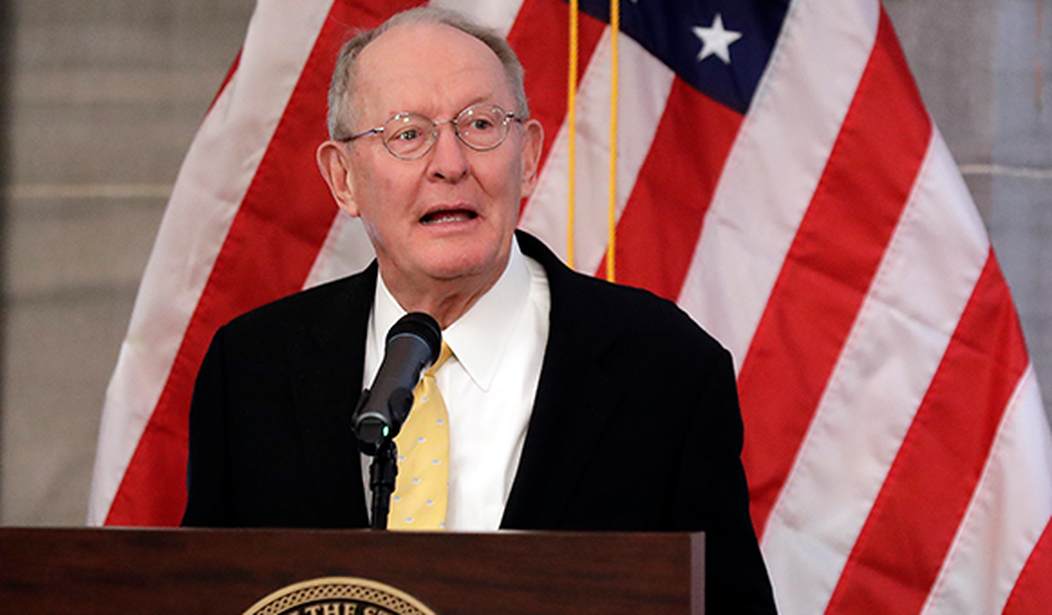You are rushed to the hospital with some health scare, maybe a heart attack or injury from an accident. But you are relieved to be on the mend and released, restored to good health. You think the crisis has passed.
But you get a letter in the mail that starts a financial crisis for you. You think you are insured so you are not at financial risk.
But the hospital you went to during the rush of the health crisis was out of your health insurance network. The letter informs you that the drugs you were given were out of your network also. And you now owe tens of thousands of dollars for your care.
Now steps up President Donald Trump, taking on this problem. Already, the Senate Committee on Health, Education, Labor, and Pensions (HELP), chaired by Republican Senator Lamar Alexander from Tennessee, has responded to his calls to fix this mess by announcing a markup of proposed legislation, called the Lower Health Care Costs Act, next week.
However, what problem the HELP Committee leadership is proposing to address seems to come out of the Democrat playbook – federal price controls that are being called something else: benchmark pricing.
The “market-based” talking points of benchmark pricing has fooled some Republicans into supporting it, but as the saying goes, if it walks like a duck, and quacks like a duck, it’s a duck. The reality is that benchmark pricing is still a price control, setting drug prices at median in-network costs, and will ultimately not be any help in solving the problem for consumers.
Recommended
The story of King Canute commanding that the tides stop has been the reality of price controls for centuries, going back to early biblical times.
Even when government price controllers think they are using market-based rates, as they do here, they are still price controls that are proven ineffective over time.
For example, in 1995, India thought it would be in the clear setting drug price controls at double standard retail rates. But experience showed that only 63% of drugs to which the controlled rates applied were even produced afterward.
This can be deadly when dealing with the healthcare industry. Americans expect to have all the latest, modern, breakthrough care options available to them – and for good reason. When they are cut back, people suffer.
The fact that the idea of price controls is being considered is especially puzzling because the Senate HELP Committee has doctors on it, like Sen. Bill Cassidy (R-Louisiana), who've already proposed an effective solution. As developed by the states, in the uniquely American framework of federalism, the answer is to submit the disputed bill to arbitration, where an independent mediator leads to a negotiated settlement price.
The Internal Dispute Resolution (IDR) developed by New York all but eliminated the problem through such market negotiation, without any resulting shortages or other problems. The parties submit their final offered price to the arbitrator, who then determines a fair market solution to the issue at hand.
As the Georgetown University Health Policy Institute explained, “Virtually all stakeholders we interviewed reported that New York’s law has successfully helped protect consumers from a major source of surprise balance bills.” The National Bureau of Economic Research reported that the law slashed out-of-network billing costs by 34% in the state.
In their markup next week, the HELP Committee should take up replacing the government price control approach with Senator Cassidy’s truly market-based solution. That would assure patients get lower, manageable prices, without disturbing the quality and access to care that the American people expect.

























Join the conversation as a VIP Member